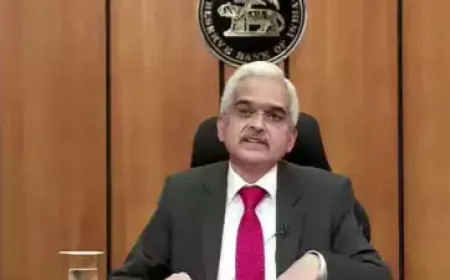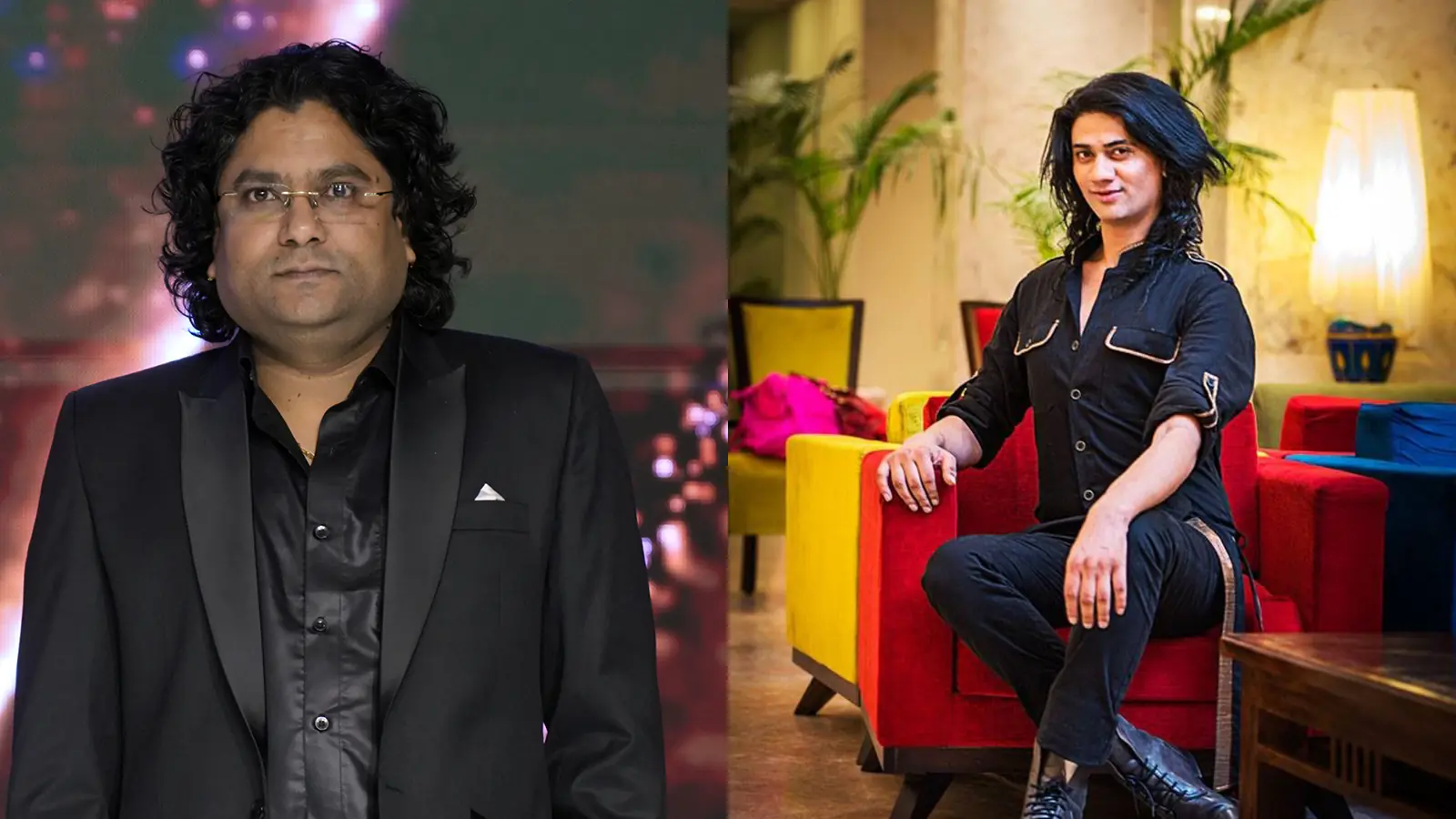Muslim women do not accept alimony, Muslim Personal Law Board will challenge Supreme Court order
The All India Muslim Personal Law Board has objected to the Supreme Court's decision on alimony for divorced Muslim women. The board has said that it will challenge the decision. The board will also challenge Uttarakhand's UCC. Eight proposals have been approved in the board meeting held on Sunday. On July 10, the Supreme Court gave its important decision.

The All India Muslim Personal Law Board has said that it will challenge the Supreme Court's decision on Sunday. Recently, the Supreme Court has allowed divorced Muslim women to ask for alimony after the period of Iddat.
The board will also challenge the Uniform Civil Code (UCC) law passed in Uttarakhand. Eight proposals were approved in the All India Muslim Personal Law Board's working committee meeting on Sunday. This information was given by board spokesperson Syed Qasim Rasool Ilyas.
Board spokesperson Ilyas said that the first proposal was related to the Supreme Court's decision. This decision of the court clashes with Sharia law. The proposal states that marriage is considered a sacred bond in Islam. Islam makes every possible effort to prevent divorce.
The Supreme Court's decision is being described as in the interest of women, but from the perspective of marriage, this decision will become a cause of trouble for women. If the man has to pay alimony even after divorce, then why will he divorce? And if there is bitterness in the relationship, then who will have to bear the brunt of it? We will consult the legal committee and discuss about withdrawing this decision.
On July 10, a bench of Justice BV Nagarathna and Justice Augustine George Masih in the Supreme Court ruled that Section 125 of the Code of Criminal Procedure (CrPC) applies to all married women, including Muslim married women. They can demand maintenance from their husbands under these provisions.
Syed Qasim Ilyas said that Uttarakhand's UCC law will be challenged. He said that diversity is the identity of our country, which has been preserved by our Constitution. UCC is an attempt to eliminate this diversity. UCC is not only against the Constitution but also against our religious freedom. The UCC passed in Uttarakhand is causing trouble for everyone. We have decided to challenge the UCC in Uttarakhand. Our legal committee is preparing.



















































































































.jpeg)













